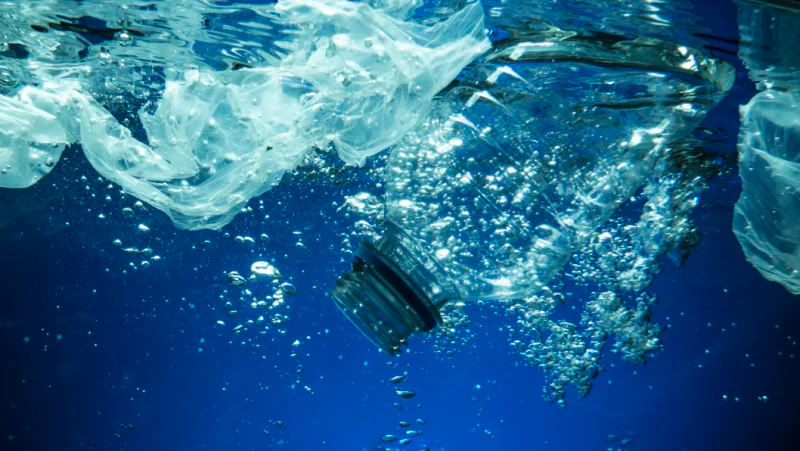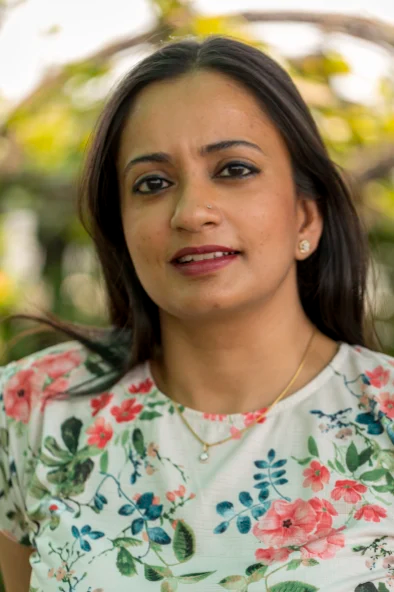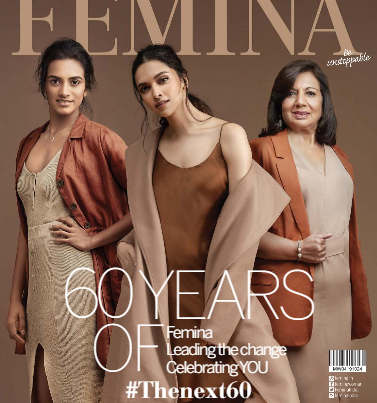Talking points
If current consumption patterns and waste management practices continue by 2050 there will be around 12 billion tonnes of plastic litter in landfills and the environment.More than 60 countries around the world have introduced bans and levies to curb single-use plastic waste.
79 per cent of the plastic waste ever produced now sits in landfills, dumps or in the environment, while about 12 per cent has been incinerated and only 9 per cent has been recycled.
“The first plastic straw you ever used in your life is lying there still, that’s scary,” Rhea Mazumdar Singhal says.
“There is a big disconnect with the amount of plastics used and the amount efficiently recycled. What we need to do as individuals is actually reduce our waste footprint.”
The Indian entrepreneur started compostable food packaging business Ecoware Solutions nine years ago in a bid to address the problem of single-use plastics.

It’s a problem Australia continues to grapple with. Coles and Woolworths banned single-use plastic bags in August, copping a backlash from consumers, and all states except NSW are planning to phase out single-use plastic bags.
Speaking to Fairfax Media on the sidelines of the Dreamforce conference in San Francisco last week where she was a speaker, Ms Singhal says she created Ecoware after moving back to India from the United Kingdom in 2009.
“I was absolutely aghast at the amount of plastic being used and also that we have no waste segregation system – not only were we harming ourselves, but also the environment,” the 36-year-old entrepreneur said. “We have a lot of agriwaste that is burnt, so I wanted to convert that into a consumer product. Typically, we use sugarcane and translate it into tableware, it is completely compostable, you put it into the soil and it breaks down.”
‘A bit of an experiment’
Ms Singhal created the product herself “as a bit of an experiment” and started Ecoware with three machines and about $1 million in funding, which she raised mainly from family and friends.
She said being “a woman entrepreneur in a man’s world in India” building her business had not been easy.
“I still sometimes sit in government meetings and the man across the table can’t look me in the eye,” she said. “But I am very persistent.”

The business now makes a range of products including cups, plates and bowls. Major clients include the Indian Railroads, which uses Ecoware products to help serve more than 1 million meals a day.
Ecoware exports to South America, North America, the Middle East and Australia.
The business has a staff of 110 and turned over more than $US2 million ($2.77 million) last year, with Ms Singhal expecting turnover to double this year following the Indian Prime Minister’s commitment to a ban on all single-use plastics by 2022.
A move to best practice
Ecoware’s products are sold at a 15 per cent higher cost than plastic and a 35 per cent higher cost than styrofoam but Ms Singhal said the business continued to win new clients.
“We are seeing the Domino’s and Subways, the bigger food chains, understanding this is the future,” she said. “These bans [on single-use plastics] come in overnight and so they don’t get caught out of the blue and it is best practice for the business.”
Ms Singhal said pressure was also coming from consumers to make the switch.
A United Nations report on single-use plastics published this year found 79 per cent of the plastic waste ever produced now sits in landfills, dumps or in the environment, while about 12 per cent has been incinerated and only 9 per cent has been recycled.
“People are getting more aware,” Ms Singhal said. “Whether there is a ban or not, we are seeing a lot of people individually make that shift towards a more responsible and sustainable future. There’s no point getting a healthy organic meal on a plastic plate, those two go hand in hand.”
‘At a real turning point’
While Ecoware has been “completely boot-strapped” (built without significant outside investment) until now, Ms Singhal said she was looking at raising funds to expand Ecoware’s product range beyond tableware to include industrial packaging and medical disposals.
“We are now at a real turning point,” she said. “From a manufacturing point of view, we want to scale up. My dream would be to have multiple units across the world working in biomass rich nations.”
Source: The Sydney Morning Herald








